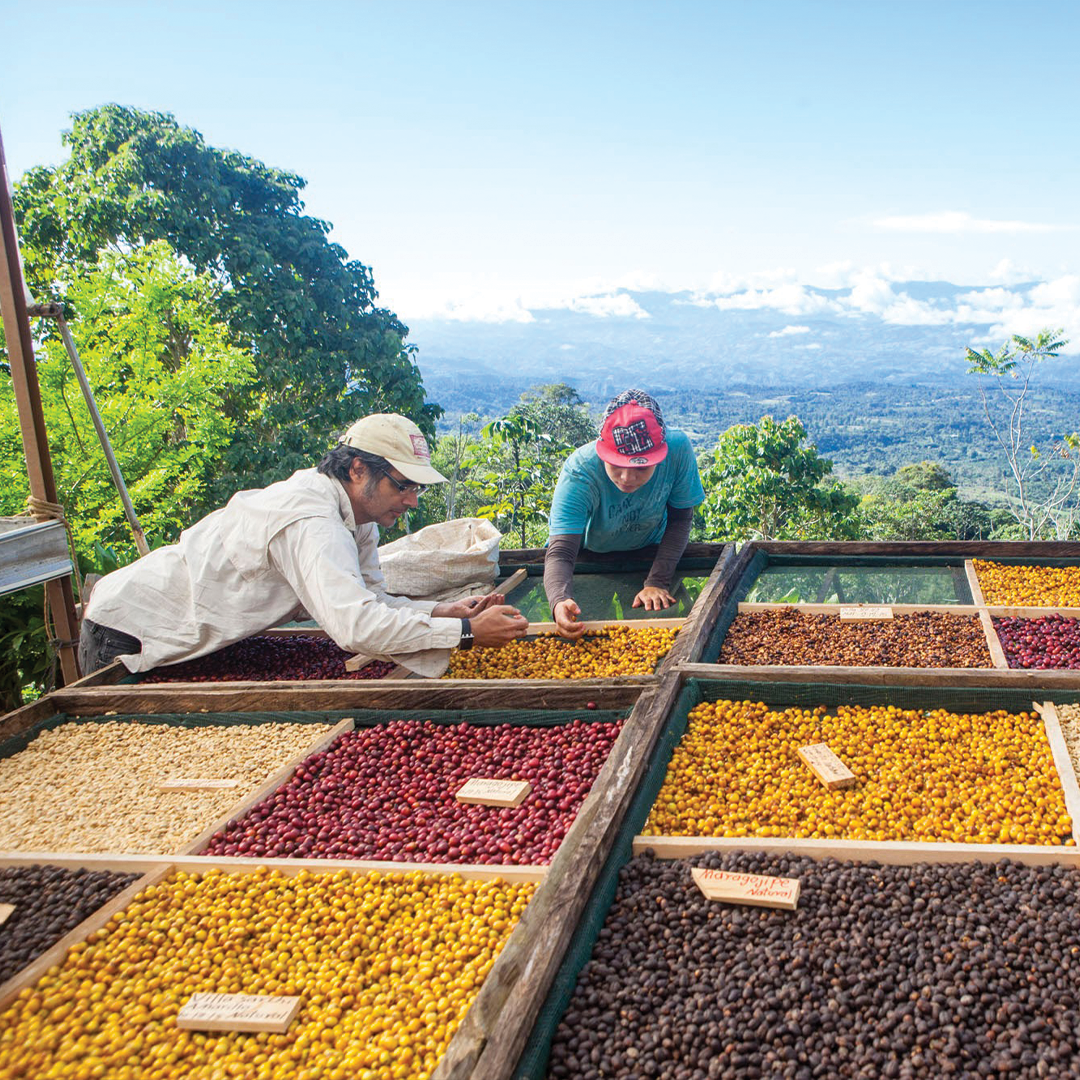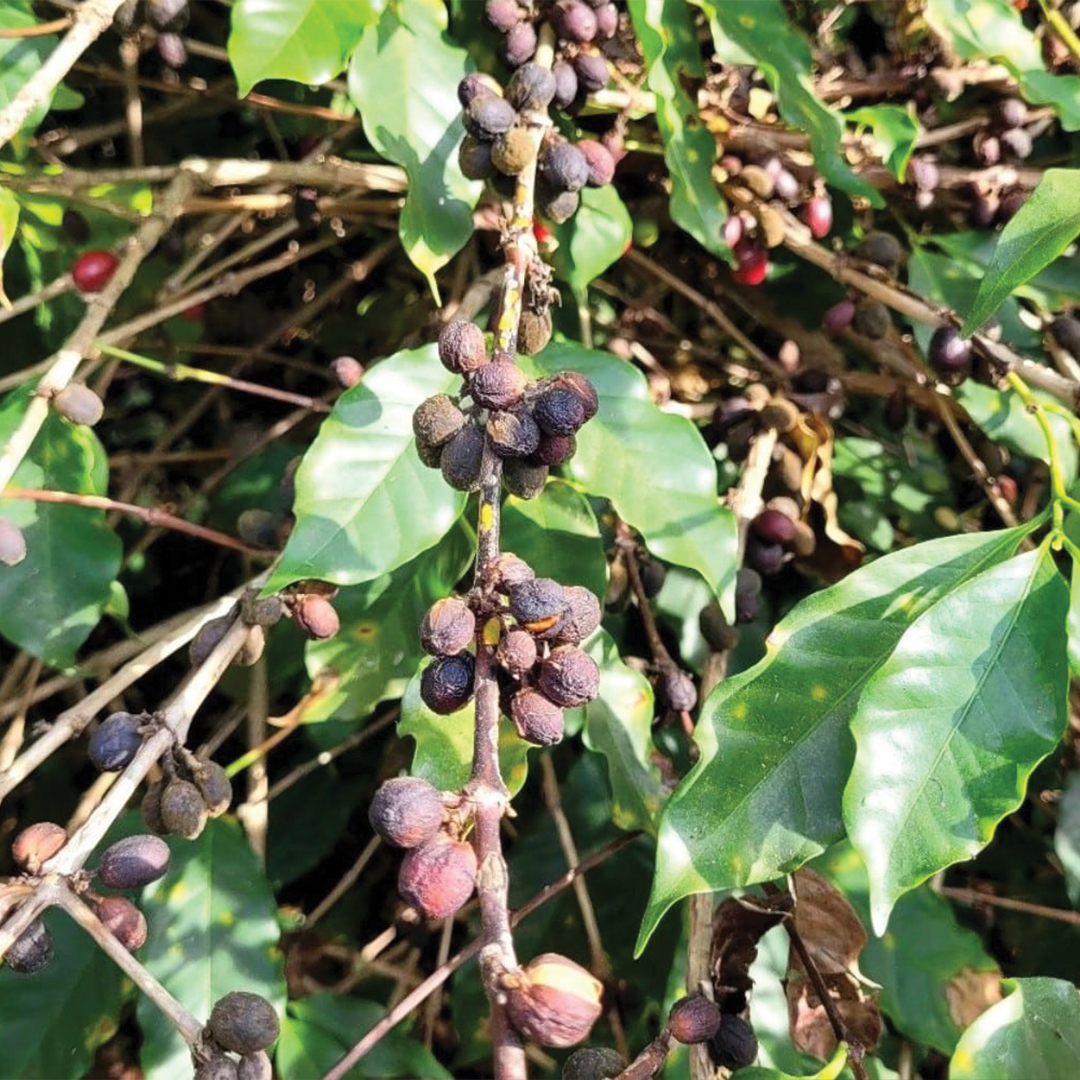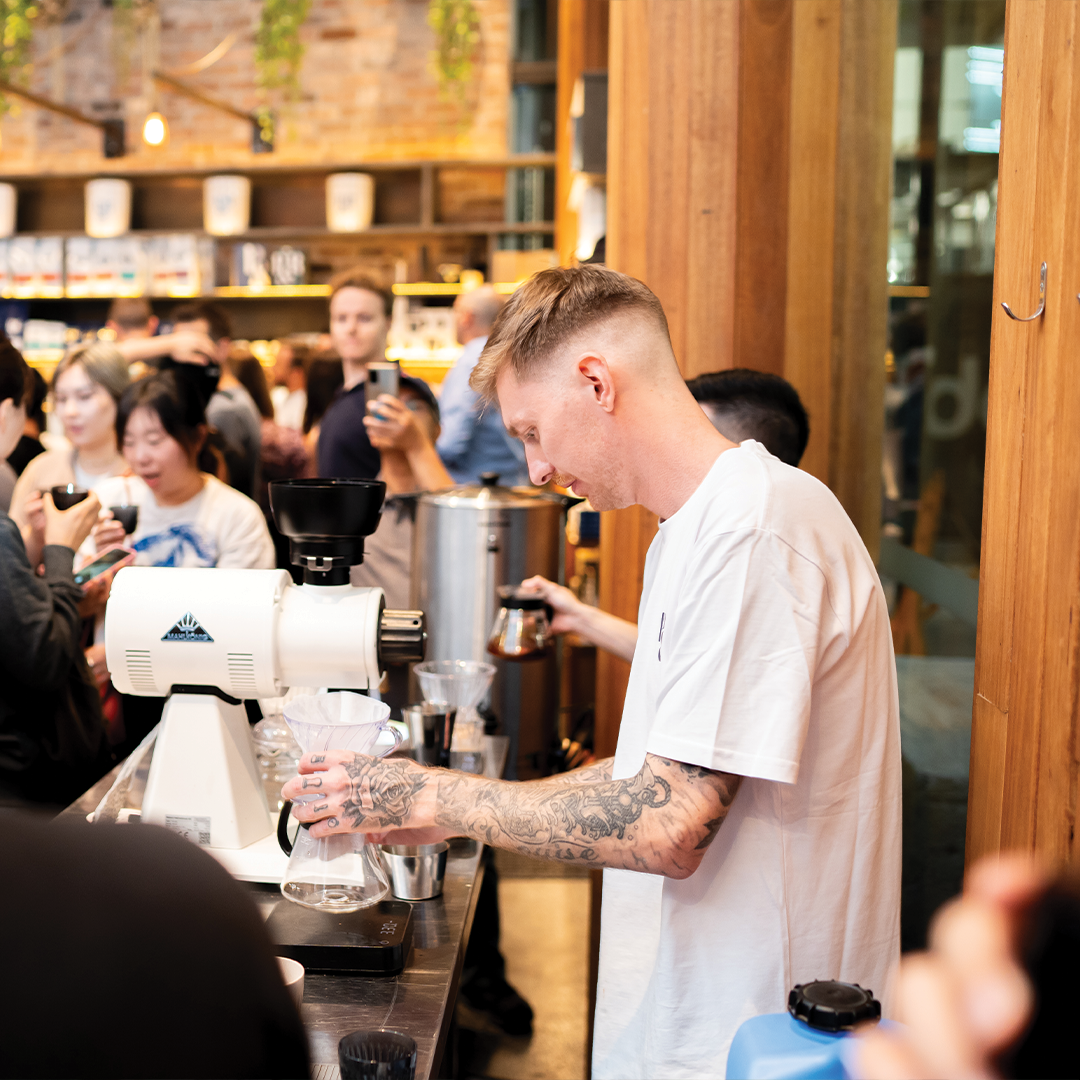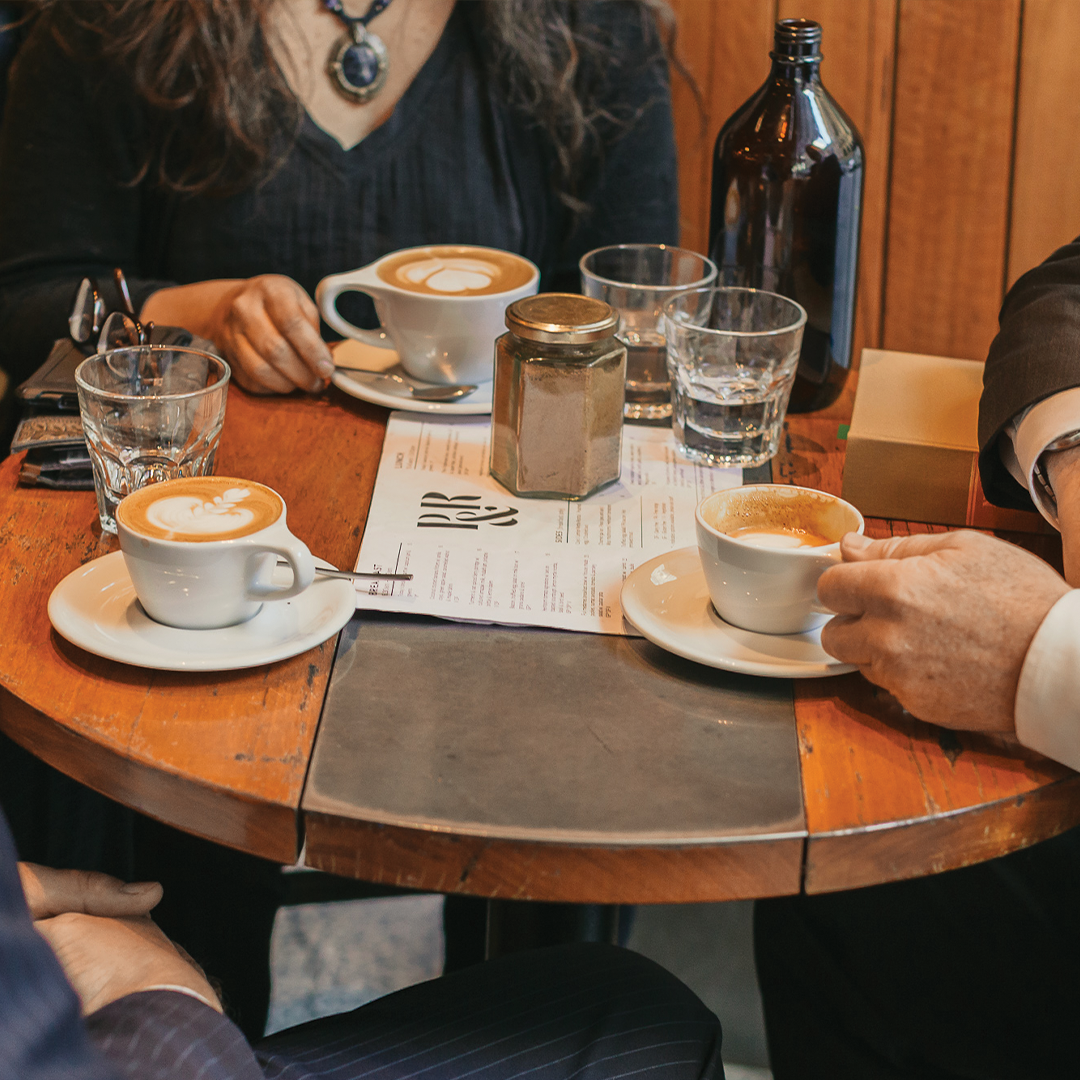Hello, I'm Abdullah, CEO of Pablo & Rusty's. I wanted to share with you what's been happening in the world of green coffee over the past three months and what it means for future coffee prices.
The context
In our August update, we discussed the surge in global coffee prices caused by poor harvests in Brazil, Colombia and Vietnam due to adverse weather conditions. The yields of both Arabica and Robusta beans were down, pushing prices to all-time highs. Rising sea freight, energy and input costs, along with a weak Australian dollar, exacerbated the challenges. Specialty coffee prices were also climbing and Australian cafés were urged to prepare for moderate price increases. Consumers were encouraged to support local cafés and embrace sustainable coffee pricing to preserve our unique Australian coffee culture.

The sobering reality
Since August, the situation has worsened, primarily due to continued bad weather in Brazil, Vietnam and other coffee-producing regions. As a result, coffee production forecasts have been lowered.
This has led to commodity Arabica prices and indexes soaring to all-time highs. While these index prices benchmark commodity Arabica, they proportionally impact specialty coffee prices as well. At the same time, the Australian Dollar has weakened putting further pressure on Australian coffee prices.
-v1732837231538.png)
As of this writing, the commodity index is at around AUD 11.30 per kilogram for green (unroasted) coffee. After adding sea freight, weight loss during roasting and packaging, the cost of just the materials for commodity Arabica rises to approximately AUD 16.00 per kilogram. This figure doesn't include wages, utilities, overheads, financing, freight to the customer, equipment or servicing and many other costs, let alone a sustainable margin.
This is for commodity Arabica. Specialty coffee is naturally more expensive (often $5 to $30+ per kg more expensive). This is why mass-market coffee companies like Lavazza UK have warned that bean prices could increase by up to 25% in the coming year.

For specialty cafés
It's often tempting to reduce quality to save costs. However, that's usually a fool's errand, as customers visit cafés for delicious coffee and a great experience. Even a $5 per kilogram increase in coffee beans only raises the cost per cup by around 7 cents. This is minimal compared to other costs and is a worthwhile investment for the level of quality and ethical sourcing provided. At Pablo & Rusty’s, we use innovative roasting techniques and best-in-class equipment to ensure that the cafes can maximise extraction yields while minimising waste (read more about why $/kg is a terrible metric here) .

Instead of dropping quality, the first area to focus on should be ensuring that coffee prices are competitive. For us, the minimum price for a small flat white should be $5.50 and we should gradually move towards the global parity of around $7. Secondly, it's okay to sacrifice some volume for better pricing. Lastly, it's important to have conversations with our amazing customers and continue to focus on the basics.
For consumers
The industry needs your support. Cafés have been providing some of the best coffee in the world at subsidised prices for a long time. We know times are tough. Yet, we hope that when we see our local café finally adjust their prices, instead of criticising them, we appreciate that they have provided us with world-beating coffee and café experiences at such affordable prices for so long.
With one in six cafés at risk of failure, please continue backing your local café and the unique Australian specialty coffee scene during these challenging times. Spread the word to your friends and family about what’s happening in the coffee world. Cheap coffee is simply not sustainable. If we want to continue to enjoy our unique café and coffee culture, we need to be comfortable paying a little more for our coffee.

Final thoughts
These are difficult times for everyone including farmers, cafes and consumers. Yet, we are grateful for the continued support of our amazing consumers and we'll work hard to weather these challenges together.
Finally, without our planet and its habitats, coffee cannot survive—and neither can we. That's why we remain committed to making a positive impact on people and the planet through coffee. You can read more about our journey on our website.



